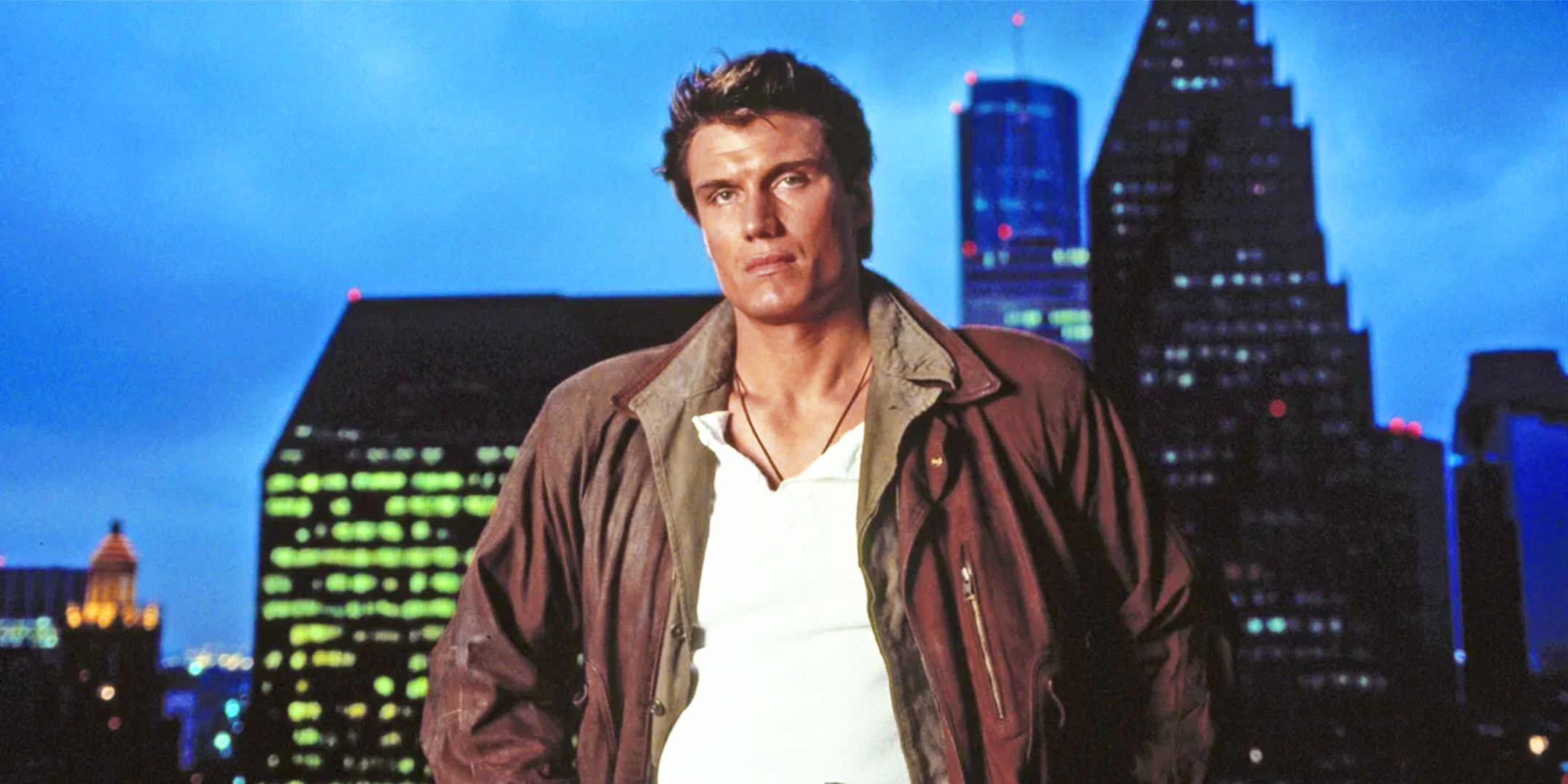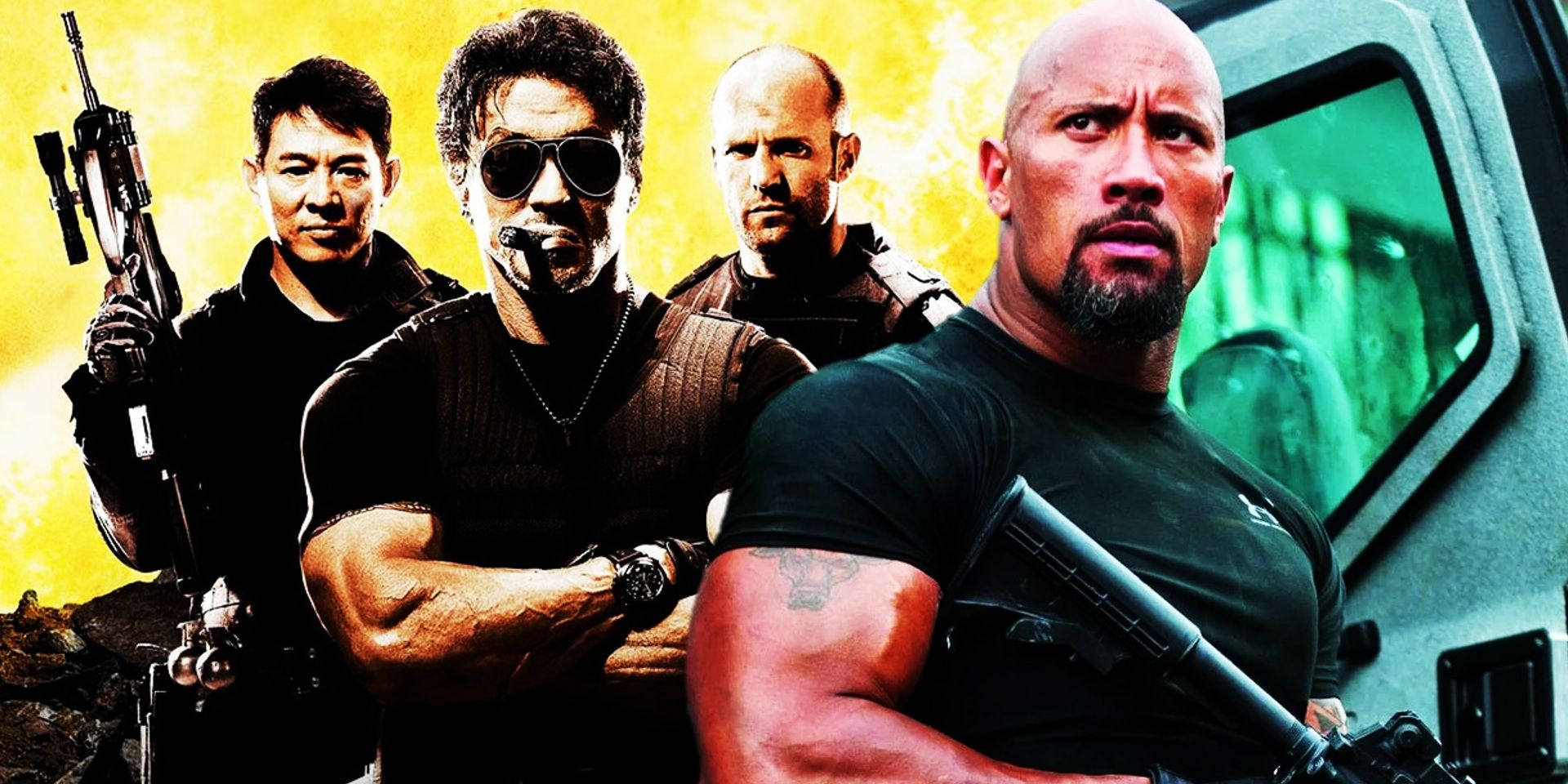Action and sci-fi movies made in Hollywood in the 1980s and 1990s are often associated with a sort of mindless entertainment value, often being referred to as films from a time when "shut your brain off and enjoy" entertainment dominated screens. The works of action icons like Sylvester Stallone, Arnold Schwarzenegger, Steven Seagal, Chuck Norris and Jean-Claude Van Damme are the most notable of this subset, with movies like Under Siege, Commando and The Delta Force being some movies commonly referred to with nostalgia goggles by audiences who want to pretend that movies only got political in the 2010s.
But Paul Verhoeven, the Dutch filmmaker who has continued to work into his eighties with movies like Benedetta, proved that hit action blockbusters of the era could use the glossy appeal of excellent visual effects and flashy fight scenes to tell stories about the politics of the era. In the most misunderstood of Verhoeven's unofficial Hollywood action trilogy, Starship Troopers, Verhoeven recontextualizes the right-wing politics of the novel to craft a biting satire of fascism and nationalism.
Paul Verhoeven's career started in his home country of the Netherlands in the 1970s, where he first saw international acclaim and success with smaller-budget dramatic films like Turkish Delight and Soldier of Orange, both starring the late, great Dutch actor Rutger Hauer. But it wasn't until the 1980s that Verhoeven moved into making English-language films within the Hollywood system, starting with the historical adventure movie Flesh and Blood and then
Starring Peter Weller as Alex Murphy, a cop who is killed in the line of duty in a near-future Detroit and has his brain placed into the body of a robot by the corporation that owns the police department, RoboCop was a huge success for its groundbreaking special effects. What makes the film continue to resonate to this day, however, are its underlying concerns about how late-stage capitalism has begun invading every aspect of the world we are living in, and how institutions that we are meant to rely on like the police force are being infected by a military industrial complex that values bigger guns over safer streets.
| RoboCop | 92% |
|---|---|
| Total Recall | 82% |
| Starship Troopers | 72% |
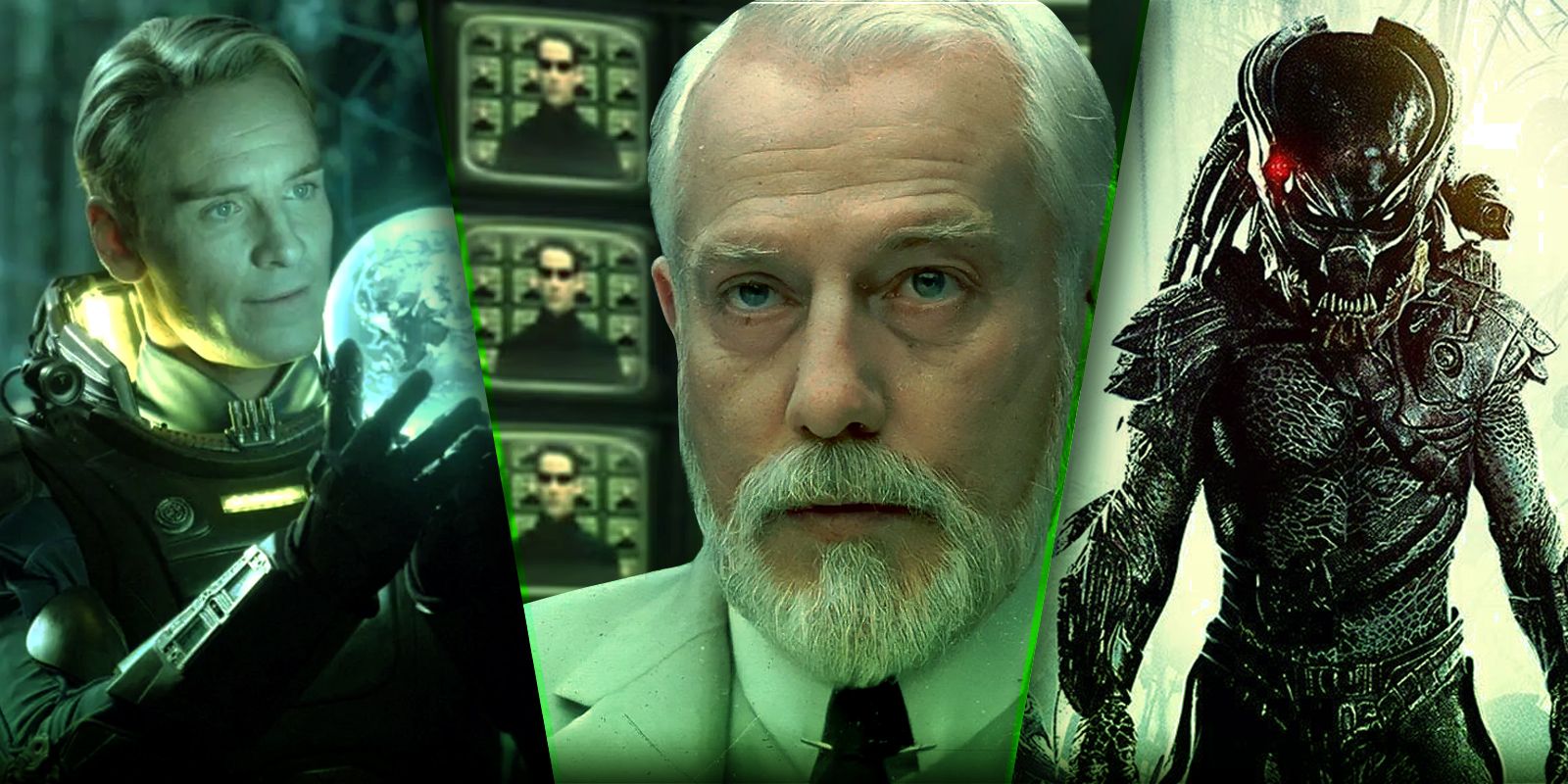
Related
10 Nearly Perfect Sci-Fi Movies Held Back by 1 Scene
The sci-fi genre can be difficult to craft cinematically, where some intricate sci-fi films lose themselves due to a handful of poorly executed scenes
Verhoeven followed RoboCop with Total Recall, an adaptation of the Philip K. Dick short story "We Can Remember It for You Wholesale," which follows Arnold Schwarzenegger as a man living in the 2080s who visits a business that can implant memories into your brain in order for you to experience going on a vacation for cheap, only to realize that he may have a hidden past as a resistance fighter. With one of the most interesting movie villain performances of the 1980s by Sharon Stone as a spy masquerading as Schwarzenegger's wife, the movie's main plot focuses on how corporate interest has made breathable air an expensive and unnecessary commodity on a colonized Mars.
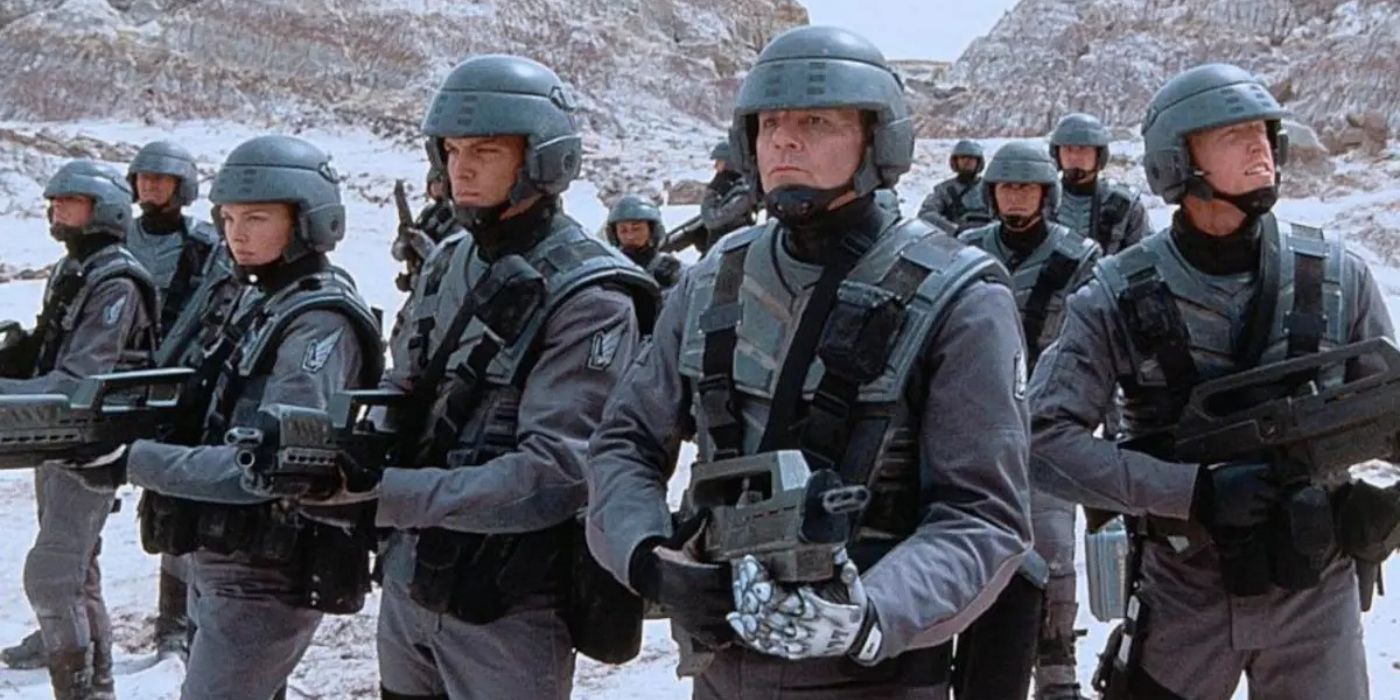
Verhoeven's third and final foray into the action satire subgenre was Starship Troopers, an adaptation of Robert A. Heinlein's novel of the same name about a human society in the next few centuries that comes to blows with a species of bug-like aliens. to retain a tight grip on a youth that was falling to the rebellious siren call of Elvis Presley and James Dean. The novel was, and has since been, heavily criticized for its unabashed portrayal of an Earth united around a pseudo-fascist new world order.
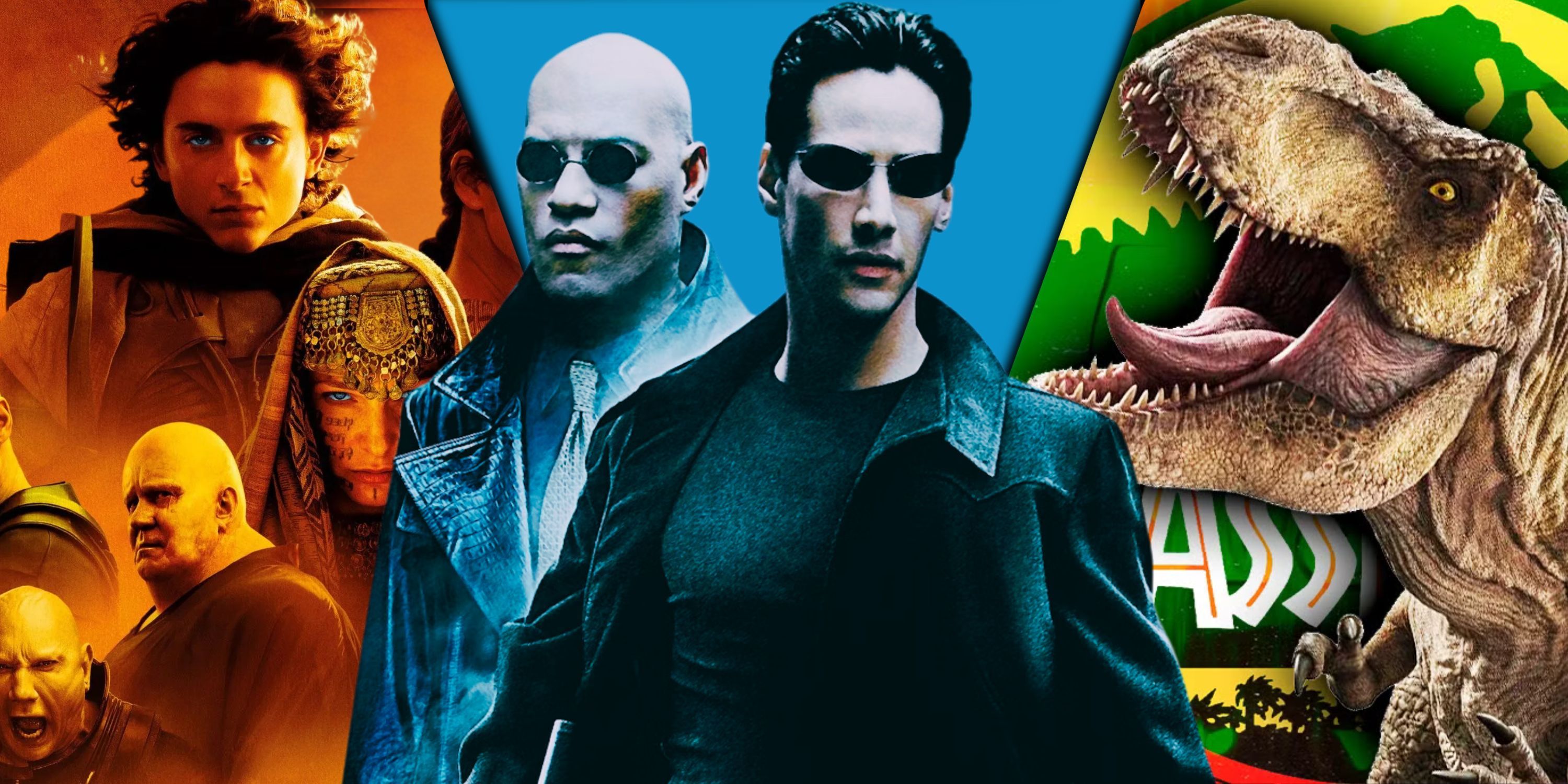
Related
Every Sci-Fi Fan Needs to Watch These 10/10 Sci-Fi Films At Least Once
Every one of these beloved sci-fi films deserves respect from fans of the genre.
Verhoeven's adaptation keeps the basic plot of the novel, but satirizes the book's jingoism as a way of critiquing American military interventionalism. Though seen at the time of its release as a more straightforward adaptation of the novel, critical consensus in recent years has reclaimed the movie as a satirical masterpiece. It has only continued to grow in relevance as nationalism and partisan fighting overtake American politics and the way that the United States is perceived on the world stage. An upcoming reboot of the film, led by District 9 and Chappie director Neill Blomkamp, will hopefully maintain Verhoeven's biting social and political criticism.
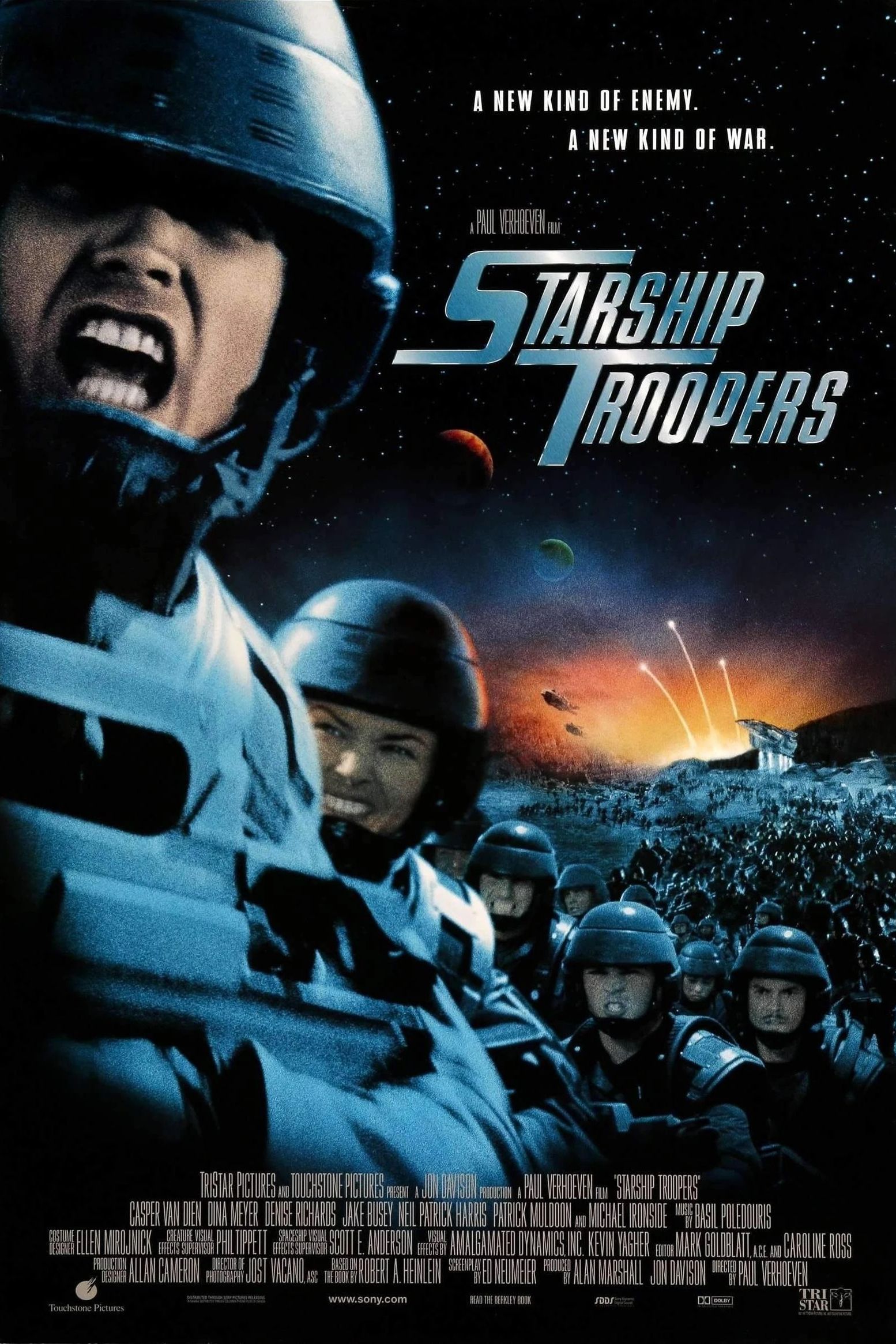
Starship Troopers
- November 7, 1997
- 129 minutes
- Paul Verhoeven
- Edward Neumeier
- Sequel(s)
- Starship Troopers 2: Hero of the Federation, Starship Troopers 3: Marauder, Starship Troopers: Invasion, Starship Troopers: Traitor of Mars
- Franchise(s)
- Starship Troopers

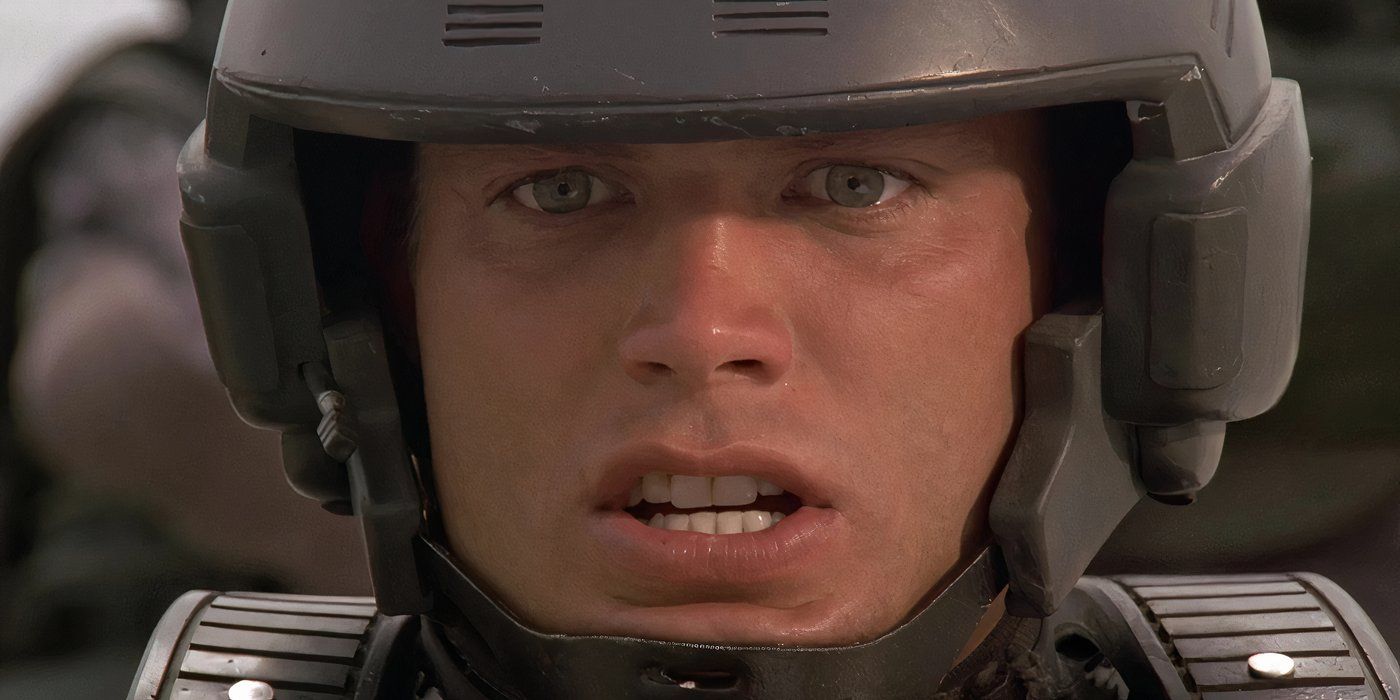







:max_bytes(150000):strip_icc():focal(749x0:751x2)/arnold-schwarzenegger-jamie-lee-curtis-true-lies-051325-7a0418e00f0c4bcaa7539e7e58aa50df.jpg)
